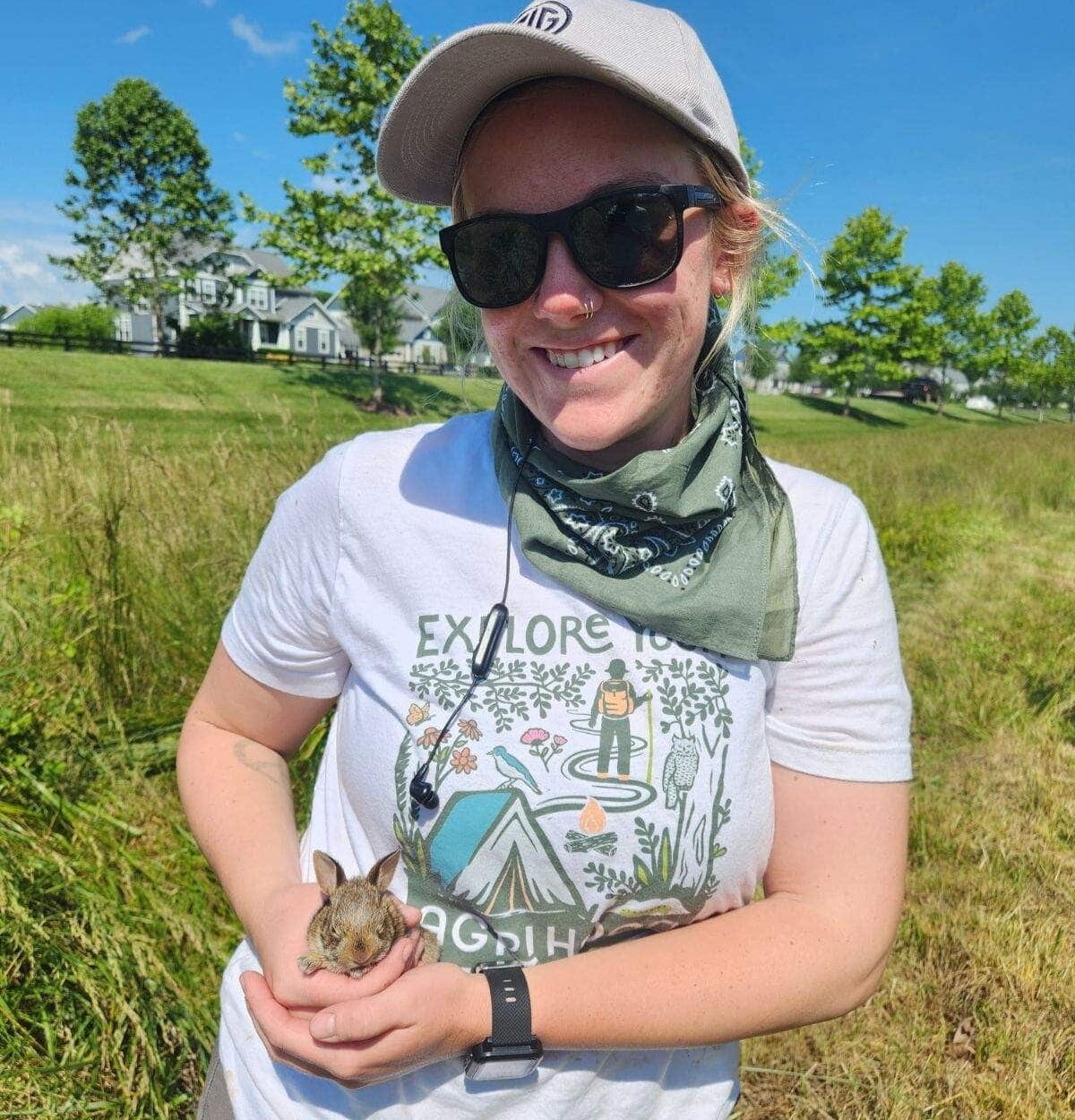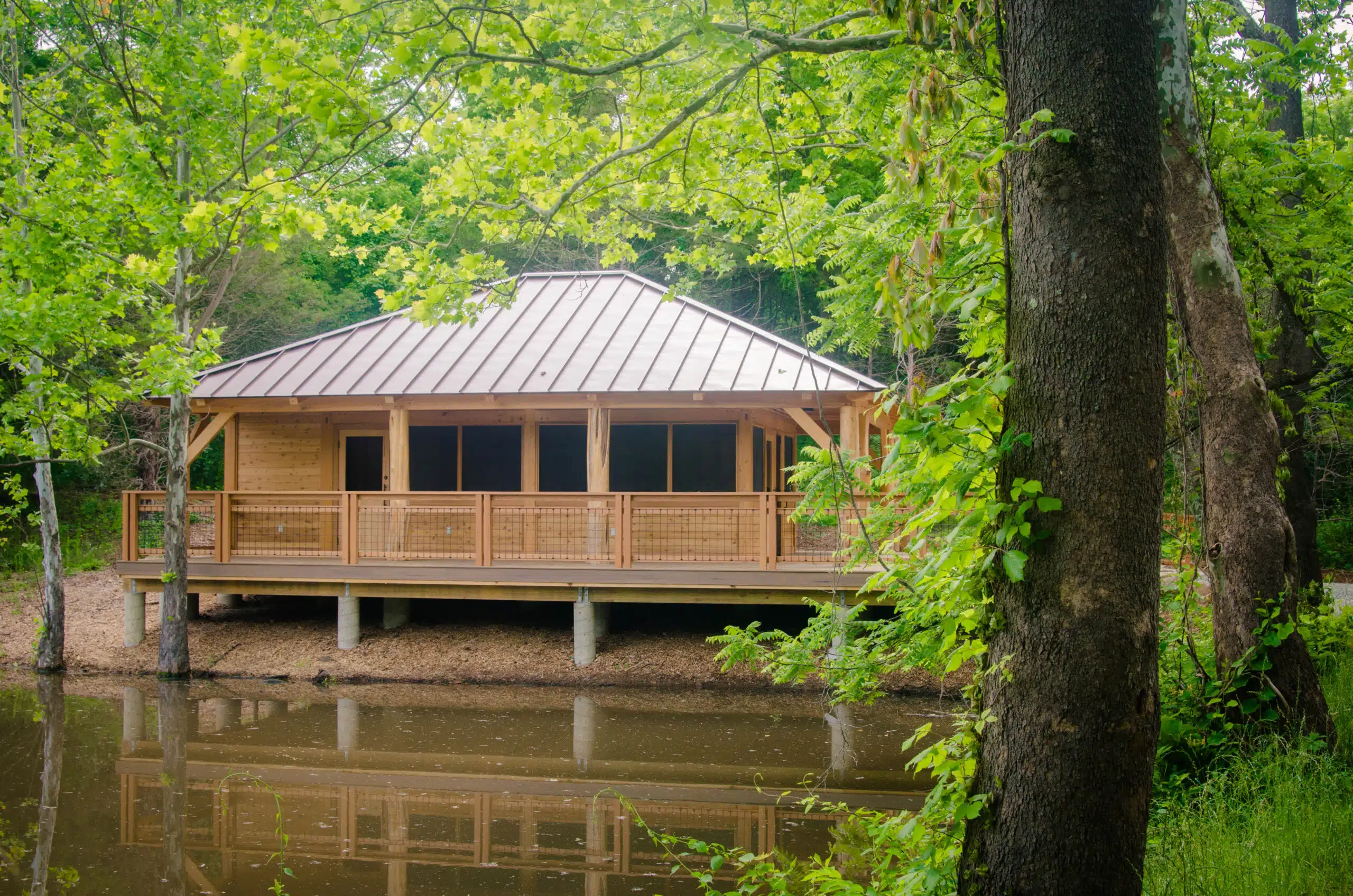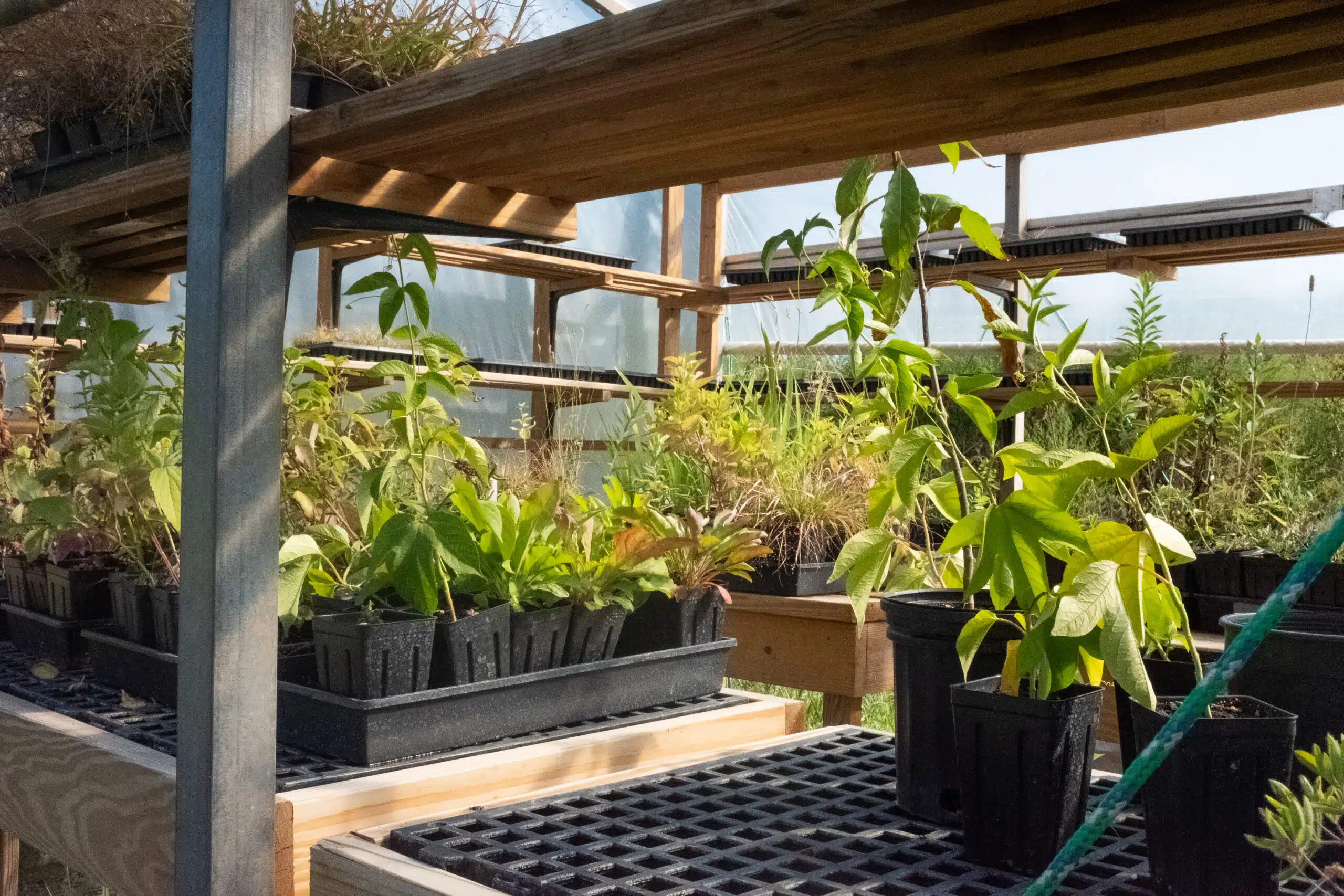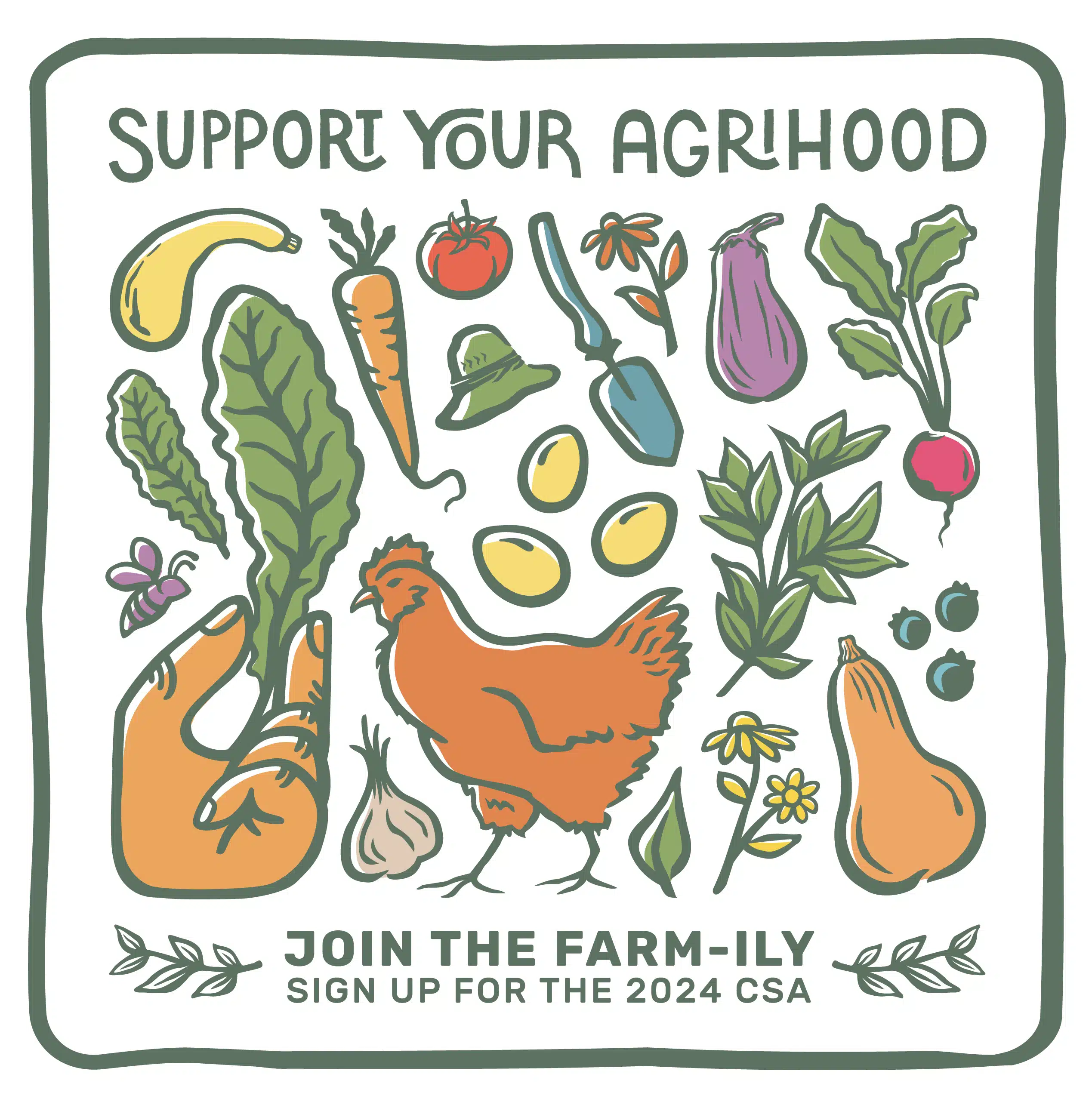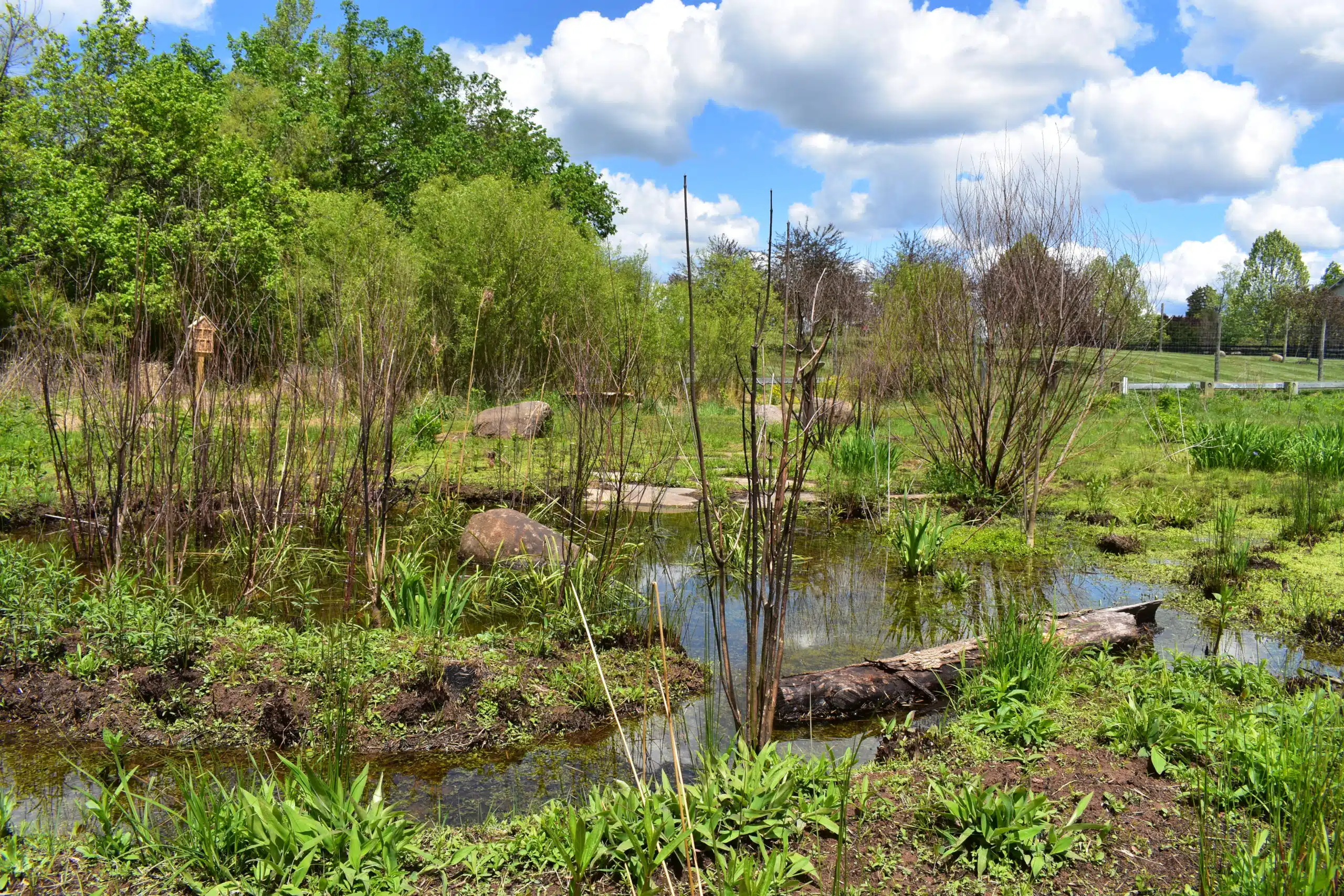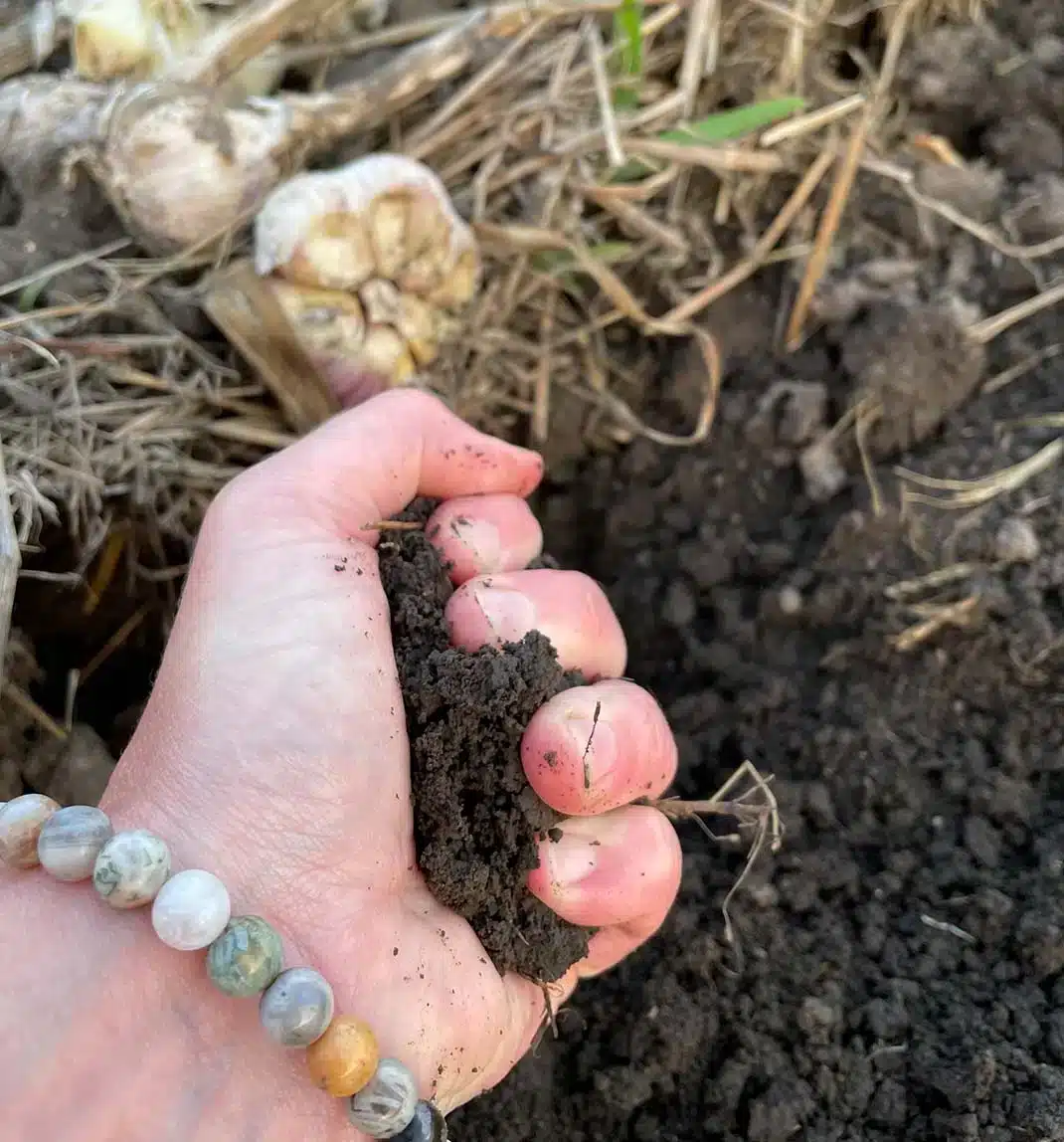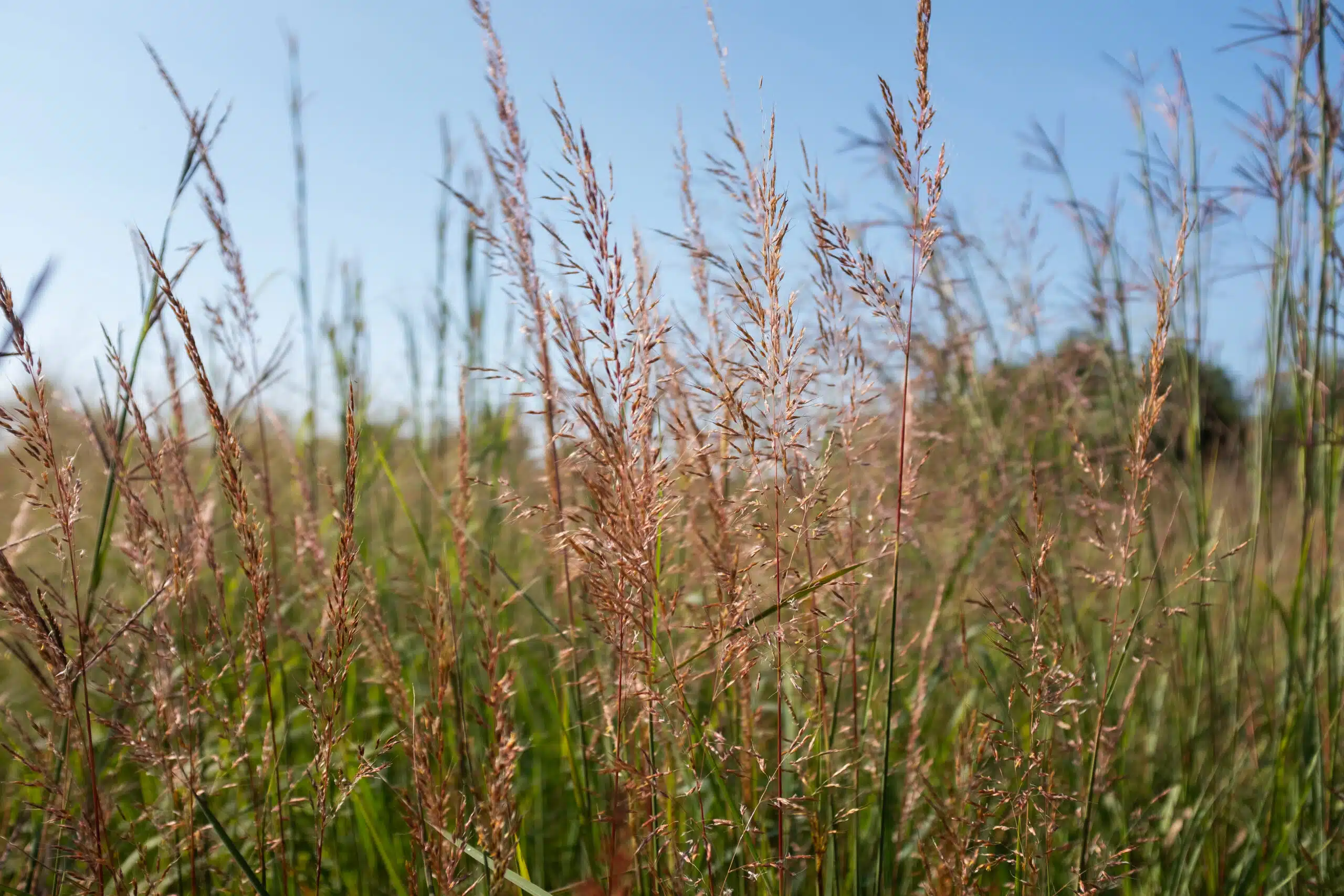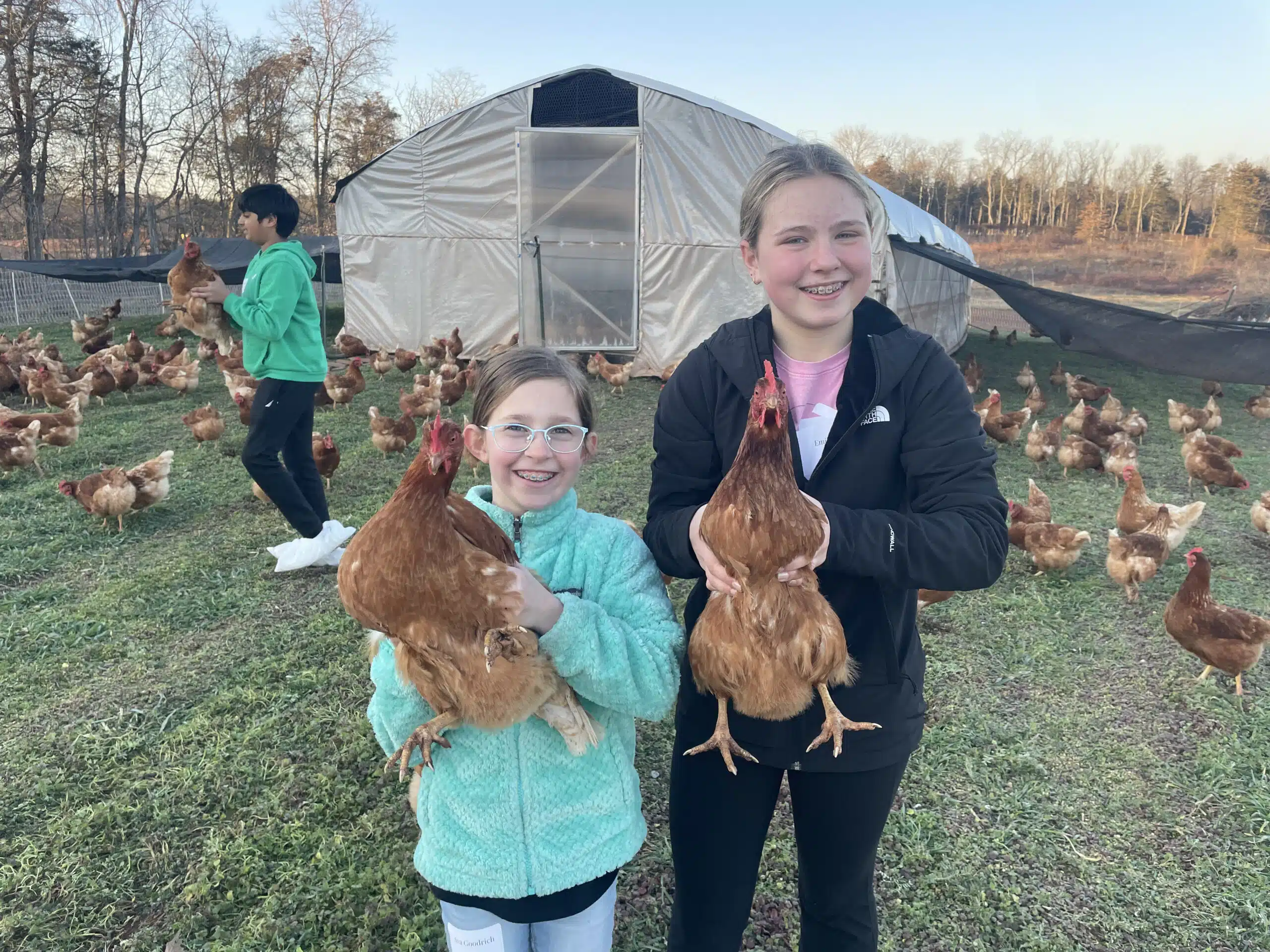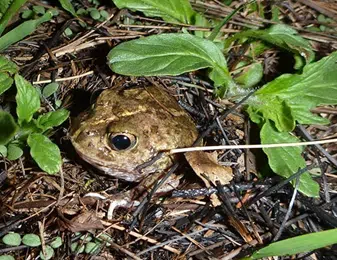2024 Bluebird Monitoring Update
Bird populations have been decreasing across the globe for the past 50 years. Bluebird populations in particular experienced a dramatic decrease in population size in the early 20th century, reaching a 90% population decrease at one point. Largely due to habitat loss and introduction of aggressive species that outcompeted bluebirds ...
Invasive Species 101
Invasive species are defined as any non native organisms that are introduced to an area and begin to spread beyond the original site of introduction. This could include animals, plants, parasites, or even diseases. Invasive plant species typically share many of the ...
Helping Injured & Orphaned Wildlife
Emily, one of our Rangers, helping a baby cottontail in one of our work areas. As spring transitions into summer, wildlife across our region are busy raising their young. It's common during this time to encounter seemingly orphaned or injured animals. However, wildlife parenting is very different ...
Spotlight on Cedar Pond Pavilion
Tucked away in a serene setting in the southern section of The Greens, Cedar Pond Pavilion was envisioned by the founders of Willowsford as a place for education, recreation, and contemplation. Over the years, it has been used as a venue for birthday parties, nature classes, scout sleepovers, and the ...
All About Farm Stands
The Willowsford Farm Stand opened this week for the Summer season! It’s our favorite time of year to see this Willowsford landmark bustling with activity. While our Farm Stand may be unique with its location and hours, the history of roadside Farm Stands and markets goes way back before the ...
Go Native!
Willowsford residents take pride in their lawns and gardens, and rightfully so! Some residents have even taken it upon themselves to incorporate native plants into their landscapes which we love to see here at the conservancy! In this article, we’ll focus on why native plants are a great option ...
Food Choices Impact Our Planet
This month we celebrate Earth Day – and today we would like to share a bit about how agriculture plays a substantial role in the world we live in and what you can do to help us cultivate a brighter future. Some of you have probably already experienced when shopping ...
Vernal Pools
If you’ve ever visited our wet meadow in the Grange village, you may have noticed some small pools of water, they’re called vernal pools. A vernal pool is a seasonal pool of water that provides habitat for distinct plant and animal species. They are a unique type of wetland, as ...
Soil Health, The Best Investment A Farm Can Make
If you’ve taken any of the farm tours at Willowsford Farm you often hear Farmer Eric or Farmer Andrew talking about the importance of soil health (image on the left is sharing this message with the Jr. Chef Academy kids). It is difficult to pin down exactly what constitutes a ...
What is “Brush Hogging”?
The health and well being of our natural environment is a top priority for the Land Stewardship team at Willowsford, that is why we conduct routine maintenance on our meadows, forests, trails, and open spaces. Brush hogging is one of our upkeeping practices to maintain and improve the overall ...
Ever Wondered How Chickens Produce Eggs?
Ever wondered how chickens produce eggs? Our hens are a cross called Novogen and have been bred to be excellent layers. During peak season one of our chickens can lay an egg up to 5 days a week! It all starts with the yolk, also called an oocyte, and ...
Overwintering
Have you ever wondered where certain animals go during the winter? Some animals like wood ducks, mallards, certain butterflies, and other migratory birds will fly south to find warmer temperatures. While other organisms like skunks, groundhogs, insects, amphibians, foxes and more, stay home and brace the cold weather in ...


